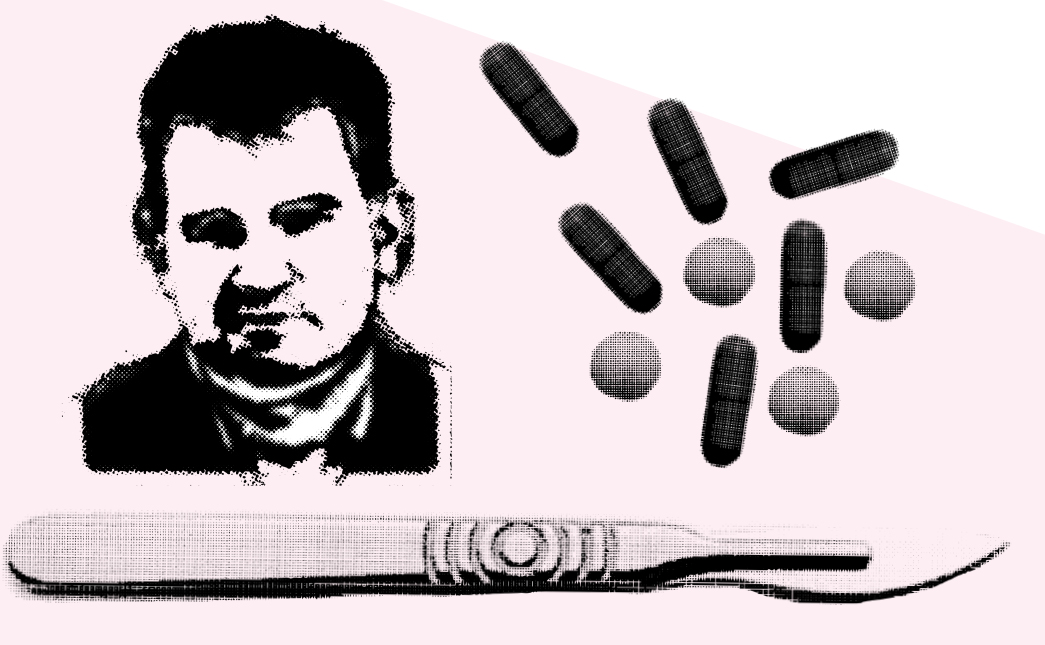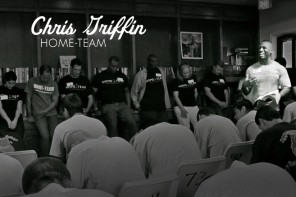Dr. Christopher Duntsch became the subject of a Peacock original series for all the wrong reasons. He’s serving a life sentence for gross malpractice that resulted in two direct fatalities and the maiming of more than 30 neurosurgery patients, as told by Laura Beil, the journalist who hosts the Dr. Death podcast, on which the eponymous show is based.
Beil’s reporting was sensational and entertaining in a true-crime sense, but it served an important public service. It exposed a local health care system that allowed a dangerous doctor to move around to different hospitals rather than be scrutinized for his incompetence and, in some cases, willful destruction of patients’ health and lives.
It’s important to remember, Beil says, that this “pass the trash” phenomenon, where institutions transfer a destructive employee rather than deal with them, is not consigned to medicine.
Duntsch began his career at Baylor Scott & White in Plano, but after several of his surgeries ended in paralysis, permanent damage or death, as well as reports of him showing up to surgery inebriated, Baylor revoked his privileges.
“The one ‘Holy Cow’ I had, was when I learned from the [then] president of the medical board that, had [Baylor] properly notified them of what was going on … [and] had there been a peer review, they could have suspended him on an emergency basis while they investigated,” she says. “If that had happened, there are people who died who would have still been alive, because he would not have been able to immediately go somewhere else.”

Duntsch performed several surgeries and mangled more patients at South Hampton Community Hospital (now University General Hospital). He sliced through a man’s artery during a surgery at Methodist Hospital, and he left the sponge he used to soak the blood inside the patient when he sewed him up, causing a horrific infection. Duntsch’s reign of terror, reportedly, ended after that operation.
As recently as 2021, his patients were still dying. Jerry Summers, a primary subject of the Dr. Death podcast, and Philip Mayfield both were left paralyzed with compromised immune systems and died from infections, according to what Summers’ lawyer and Mayfield’s wife told respective local reporters.
Beil’s podcasts reveal that often hospitals do not report problematic physicians to governing boards such as the National Practitioner Data Bank (NPDB), which is intended to flag them, because of costs associated with fighting and possibly losing wrongful termination suits.
Beil, a resident of Southern Dallas County who has continued to report on deadly docs, says her stories are not meant to reflect negatively on the profession.
“The vast majority of doctors are good and caring people who want the best for their patients,” she says.
In fact, they are the heroes in the Duntsch story because they filed complaints, made phone calls and testified against him.
“The thing you don’t want is to be the patient of the doctor who is the exception,” she says in one podcast episode. “We are limited in what we can find out about a doctor, but a skepticism of a doctor you don’t know is not a bad thing.”
If there’s an overriding good thing about getting this story out there, she says, it is that people will take that extra measure, to the degree that they can, to protect themselves.
In 2021, Duntsch became the first doctor to be convicted of a crime committed in the operating room during the act of surgery.
While awaiting trial, Duntsch was arrested trying to walk out of the Walmart at Northwest Highway and Skillman Street without paying for $887 worth of sunglasses, watches, ties, briefcases, cologne and a pair of pants that he put on in the dressing room, according to a Dallas police affidavit filed on April 8, 2015.






